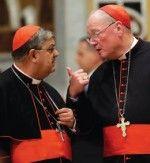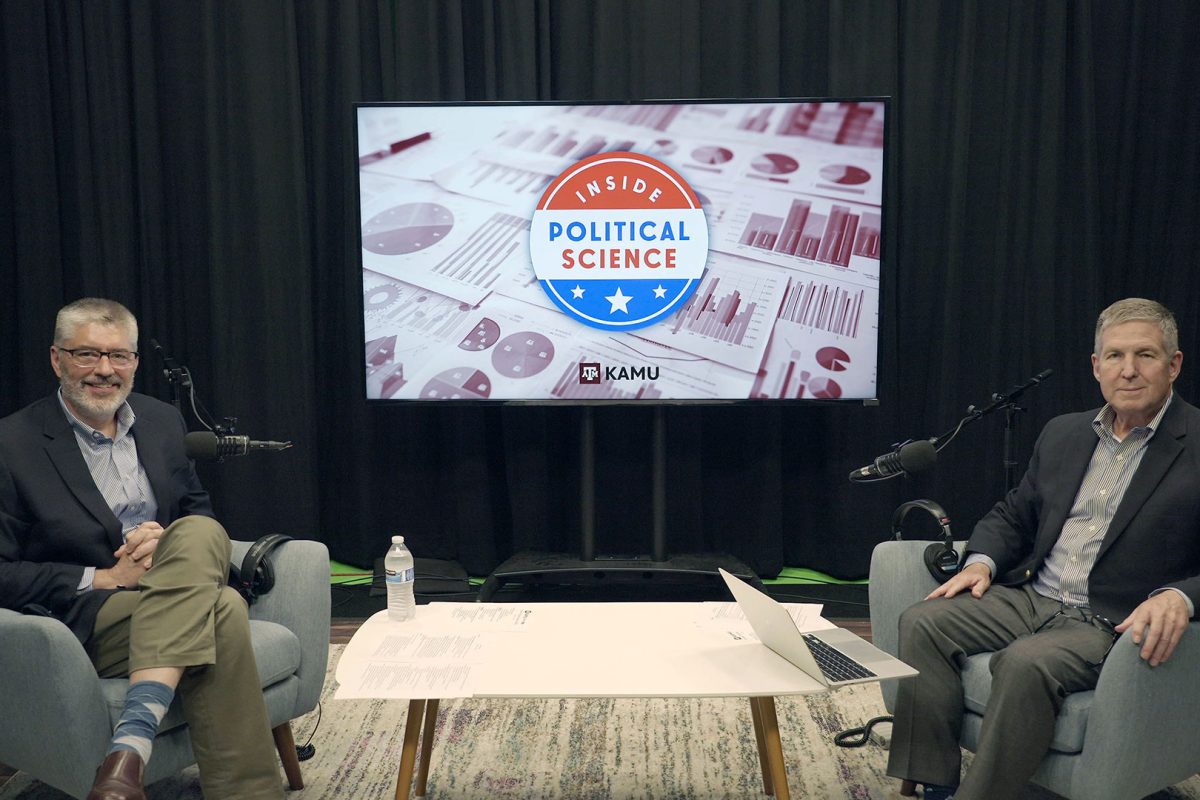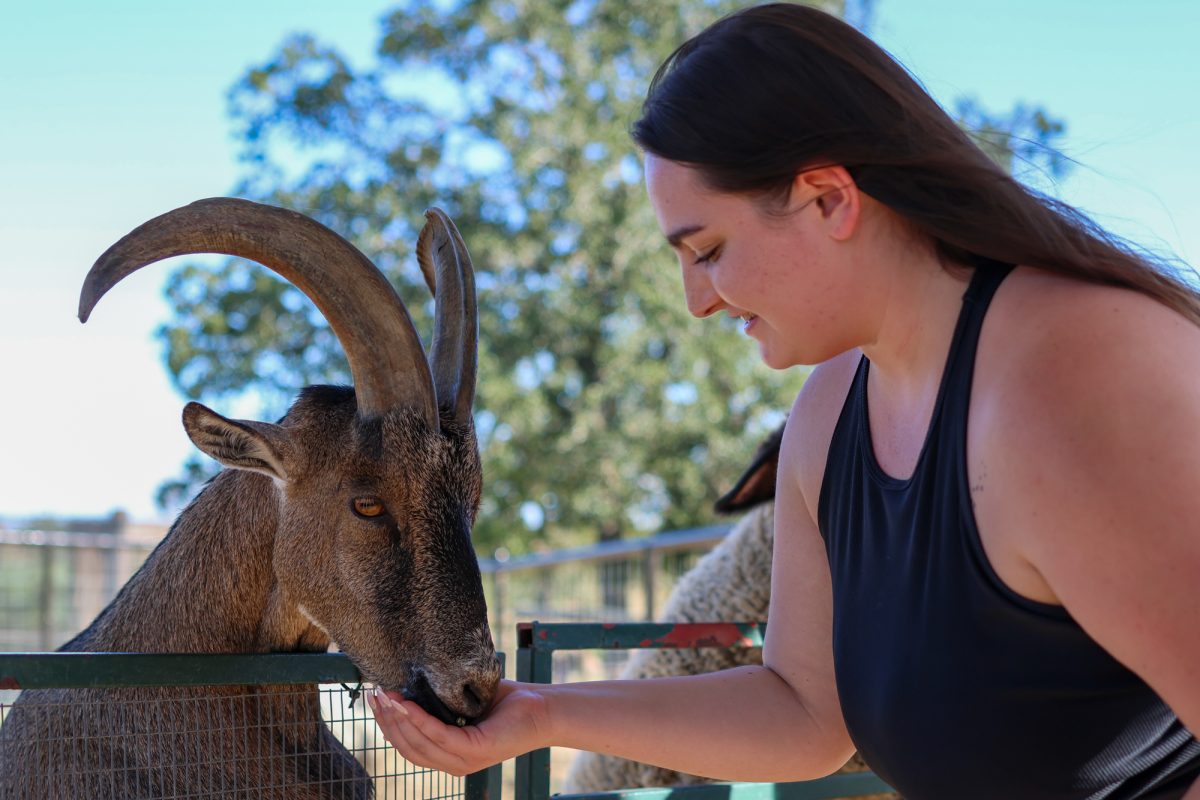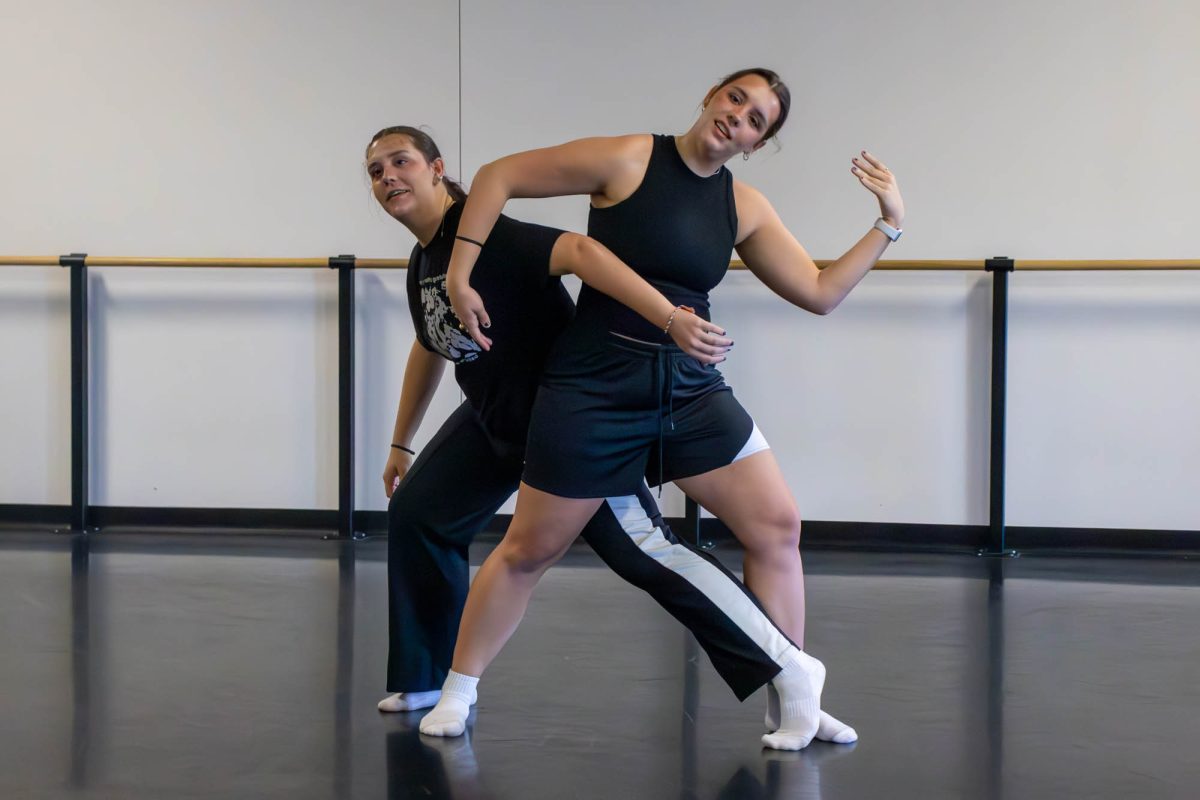The Sistine Chapel, graced by the fingers of Michelangelo and the footsteps of popes, will be the site of the upcoming papal conclave. The chapel has stood to hear the prayers of the faithful for centuries, but the world around it has not stood so still.
On Feb. 28, Pope Benedict XVI became the first pope to resign in more than 600 years. Wednesday marked the third day of preliminary meetings for the cardinal electors to discuss the state of the church around the globe. Though some predicted the conclave when the cardinals vote for the pope will be set for early next week, the date hasnt been announced.
As the world awaits the election of a new pope, the less flattering portraits of the Catholic Church are being painted. In the wake of the publication of stolen papal documents last year, which detailed infighting, financial scandals and sexual abuse. Immediate access to global news makes it difficult to forget the financial scandals and thousands of abuse lawsuits.
The process of selecting a new pope is built upon centuries of tradition, but the world is more connected than ever before. Christian Gonzalez, communications director for the diocese of Austin, said the increase of information and media communication has changed the way the church functions.
The world is a certainly smaller place now, Gonzalez said. Were not separated by the vast oceans anymore. Were not even really separated by time anymore. The church has realized that. The Pope is on Twitter, the Vatican is on Facebook and on the Internet. The church realizes where it is, and where it is in terms of the world and technology and the globalization of things.
Yet even the way in which members of the church hierarchy communicate can differ based on background. On Monday and Tuesday, while most cardinals remained silent about pre-conclave meetings and discussions, American cardinals held press conferences. The Most Rev. Daniel DiNardo, archbishop of Galveston-Houston, said it seemed more American to keep the media informed.
We want to honor the confidentiality of the discussions, but at the same time let people and letting our own folks know at home that we are meeting day by day. There are interesting things happening and we are moving ahead, DiNardo said in a Vatican City press conference on Tuesday.
Rev. Federico Lombardi, Vatican spokesman, said Wednesday the College of Cardinals had decided to emphasize an increasing degree of reserve, after specific details of the proceedings were leaked to the Italian press, according to the Associated Press. The American cardinals cancelled their daily press conference, though Cardinal Timothy Dolan still proceeded with his radio broadcast that morning. This evolving relationship between the Catholic Church and the media has changed the way the average person interacts with the hierarchy.
I think that because of social media and modern communication, we now have much more information about the cardinals themselves, said Patrick Slattery, professor of teaching, learning and culture at Texas A&M. So many of the struggles within the Catholic Church are becoming public in ways that they didnt generations ago.
The public exposure of concerns such as financial issues and sexual abuse scandals have placed the Vatican in the headlines, especially with the recent confession of sexual misconduct by Scottish Cardinal Keith OBrien who resigned in February and 34 percent of U.S. Catholics listing sexual abuse and scandal as the greatest problem in the Catholic church, according to a survey by Pew Research Center. Gonzalez said financial issues and sex abuse topics will be given attention when the cardinal electors enter the conclave.
Gonzalez also said the overall status of the church will be evaluated as well.
The demographic of the church has shifted from Europe to Latin America and Africa, though the power of the church is still mostly concentrated in Europe. More than 50 percent of the cardinals are European, while 24 percent of Catholics are European, according to the Pew Research Center.
There is speculation around the possibility that the next pope will call a country in the developing world home, and better relate to growing populations of Catholics outside Europe. Historically, issues such as liberation theology that were central themes of discourse in Latin America and Africa were publically rejected by many in the church hierarchy. Slattery said liberation theology is the theological imperative to have fundamental option for the poor, intertwining spiritual and social liberation.
Gonzalez, however, said though the cardinals try to keep global issues in mind, they look past nationality when electing the pope.
They really want to decide and discern who is best to lead the church for the entire world, Gonzalez said. Because the pope doesnt just lead it for this nation or that continent or this country, hes leading the one billion Catholics around the world.
No matter what nationality is considered, it seems that there is a deviation between what the Roman Catholic Church ordains and the practices and ideologies of some of its people.
You name almost any issue and theres going to be a divergence, Slattery said. The ordination of women, or the use of birth control or contraceptives, gay marriage. You take any issue where there is a papal statement or a condemnation from the hierarchy of the church, and then you look at the practices and the political perspectives and the social perspectives of practicing Roman Catholics, youre going to find a tremendous divergence on many issues.
Though some Catholics and non-Catholics across the world have called for the church to change its views and practices on issues such as womens involvement in the church or gay marriage, Gonzalez said it is unlikely that these changes will come with the election of the next pope due to the make-up of the conclave.
You dont get to be a cardinal by being controversial or contrarian to the mainstream of church teaching, so all of the cardinals at this point support the teachings of the church, Gonzalez said. Some may be a little bit more conservative in their understanding of it, some may be a little more liberal in their understandings and teachings of the church, but all of them are going to have the same opinion on things like abortion, birth control, euthanasia, poverty, human justice, human dignity.
Amid the speculation and issues, Gonzalez said it is important to remember that among Catholics, the Holy Spirit rather than world issues will be guiding the selection of the new pope. The problems that the church faces may change, but the central theology remains the same.
The churchs truth and the truth that the church teaches are eternal and those dont change, Gonzalez said. But what changes is how we profess, how we proclaim and how we share that truth throughout the world when the world changes.
Papacy faces changing church
March 7, 2013

0
Donate to The Battalion
$70
$2500
Contributed
Our Goal
Your donation will support the student journalists of Texas A&M University - College Station. Your contribution will allow us to purchase equipment and cover our annual website hosting costs, in addition to paying freelance staffers for their work, travel costs for coverage and more!









